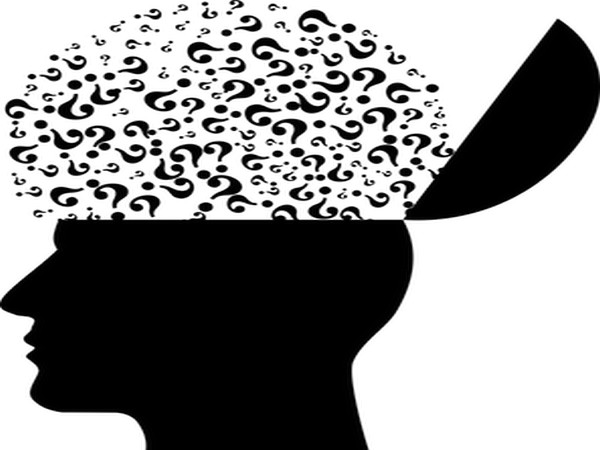Washington: People who lose their memory to the ravages of dementia can one day suddenly wake up exhibiting surprisingly normal behaviour, but according to recent findings, this is not necessarily a positive sign.
Dementia patients who are unable to recall the events of their lives or even recognize those closest to them, can suddenly wake up and exhibit unexpectedly normal behaviour, only to pass away shortly thereafter, the study suggests.
This phenomenon, which experts refer to as terminal or paradoxical lucidity, has been reported since antiquity, yet there have been very few scientific studies of it.
An article published in the Journal of Alzheimer’s & Dementia outlines what is known and unknown about paradoxical lucidity, considers its potential mechanisms, and details how a thorough scientific analysis could help shed light on the pathophysiology of dementia.
“We’ve assumed that advanced dementia is an irreversible neurodegenerative process with irreversible functional limitations. But if the brain is able to access some sort of functional network configuration during paradoxical lucidity, even in severe dementia, this suggests a reversible component of the disease,” said George A. Mashour.
The paper describes earlier work documenting case studies of individuals with advanced dementia, including Alzheimer’s disease, appearing to be able to communicate and recall in a seemingly normal fashion at the end of life, to the astonishment of their caregivers.
“We look forward to additional research in this area, such as better characterization of lucidity in its varying presentations, new instruments or methods to assess episodes of lucidity retrospectively or in real-time, tools to analyse speech patterns or other behavioural manifestations of lucidity, and evidence to inform decision-making challenges and opportunities prompted by unexpected lucidity,” researchers assert.
[source_without_link]ANI[/source_without_link]

